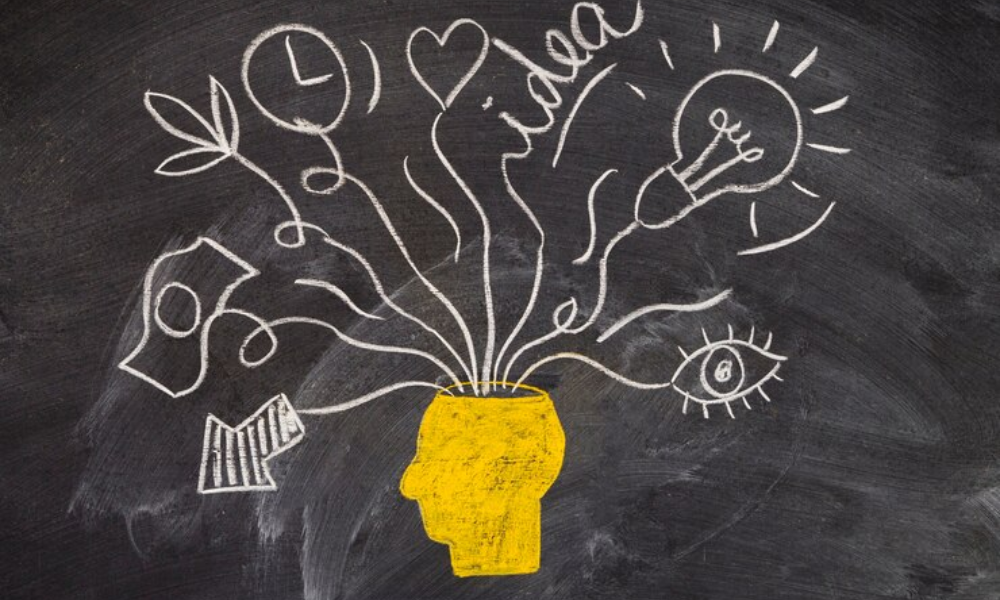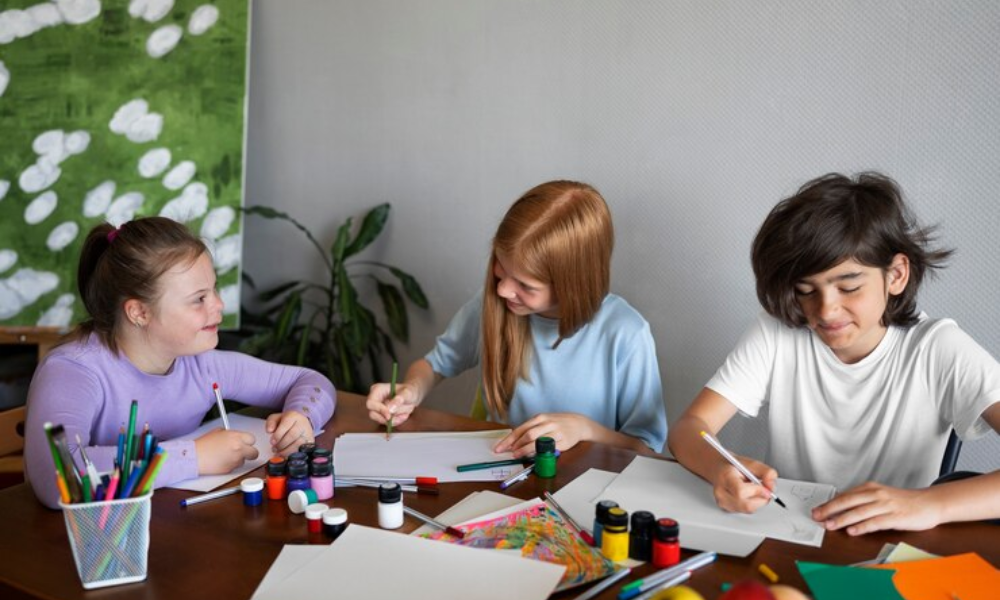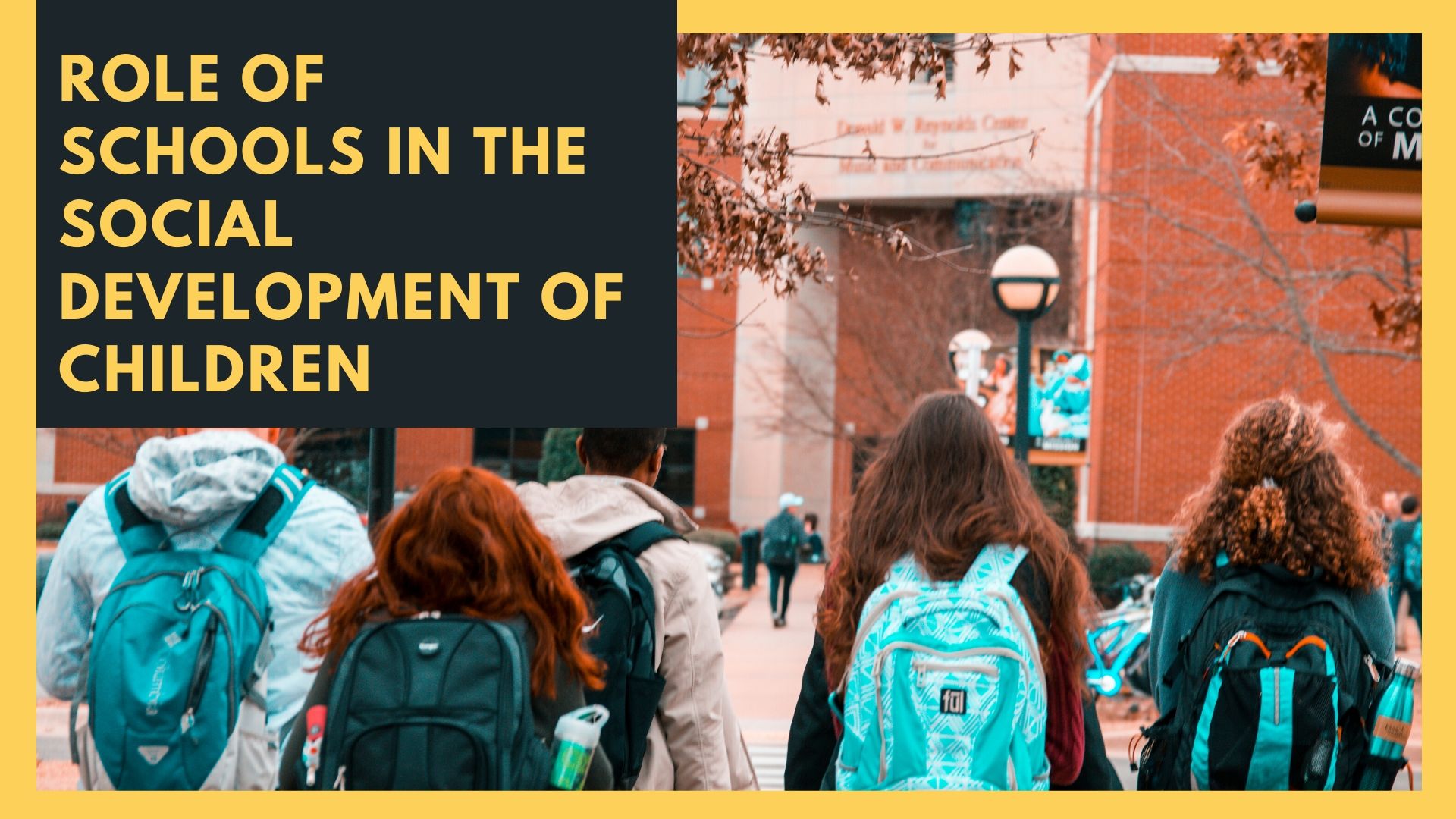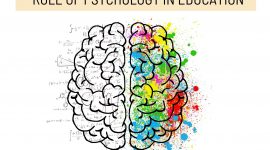Social development is a crucial aspect of a child’s growth, significantly impacting their success in various aspects of life. Schools play a pivotal role in nurturing these social skills, as they are one of the first environments where children interact with peers and adults outside their families. This article explores how schools contribute to the social development of children, highlighting strategies and practices that can enhance social and emotional learning (SEL) and social learning in educational settings.
The Importance of Social Development

Understanding Social Development
Social development involves acquiring skills that help children interact positively with others, understand and manage their emotions, and develop empathy. These skills are foundational for building relationships, enhancing self-esteem, and fostering leadership abilities. Socially adept children are more confident, achieve better results, and can create a significant impact on society.
The Role of Schools in Social Development
Schools are instrumental in shaping the social abilities of children. Teachers and school environments provide numerous opportunities for children to practice and refine their social skills. Through interactions with peers from diverse backgrounds and participation in various activities, children learn to navigate social situations effectively.
Strategies for Enhancing Social Development in Schools

Identifying and Addressing Discomfort
Children’s social abilities can be affected by various factors, including discomfort in the school environment. Teachers need to be vigilant and address any issues that might hinder a child’s social development.
- Bullying: One of the most significant barriers to social development is bullying. Children who experience bullying may withdraw and isolate themselves. Schools must adopt anti-bullying policies and create a safe environment for all students.
- Teacher Threats: Negative reinforcement from teachers can also impact a child’s social skills. Teachers should encourage students positively and avoid using threats as a disciplinary measure.
Providing Guidance and Education
Incorporating social skill development into the school curriculum can significantly benefit students. Teachers should educate students on various social scenarios and offer practical tips for handling them.
- Eye Contact and Communication: Teaching children how to maintain eye contact and start conversations can help them feel more comfortable in social settings.
- Approaching Others: Providing strategies for approaching and interacting with peers can build confidence in socially hesitant children.
Organizing Social Events and Activities
Schools can promote social behavior by organizing events and activities that encourage interaction among students.
- Extracurricular Activities: Activities such as debates, music, dance, and art foster social interaction and teamwork.
- Group Projects: Assigning group projects helps students collaborate towards a common goal, enhancing their social and teamwork skills.
The Role of Boarding Schools in Social Development

Enhanced Social Skills in Residential Settings
Boarding schools provide a unique environment where social skills are even more critical. Students live away from their families and need to rely on their peers and teachers for support.
- Developing Independence: Boarding schools encourage students to develop independence and self-reliance, essential components of social development.
- Supportive Environment: Teachers and staff in boarding schools play a vital role in observing students and providing necessary support and guidance.
Incorporating Social Emotional Learning (SEL)

What is SEL?
Social Emotional Learning (SEL) involves teaching children to understand and manage their emotions, develop empathy, and build positive relationships. According to the Collaborative for Academic, Social, and Emotional Learning (CASEL), SEL encompasses five core competencies:
- Self-awareness: Recognizing emotions and their impact on behavior.
- Self-management: Controlling emotions and actions, setting goals.
- Social awareness: Understanding and empathizing with others.
- Relationship skills: Building and maintaining healthy relationships.
- Responsible decision-making: Making ethical and constructive choices.
Benefits of SEL
Integrating SEL into the curriculum has numerous benefits, including improved academic performance, better emotional regulation, and enhanced social skills. SEL helps students develop the “soft skills” needed for success in adulthood.
Implementing SEL in Schools
Schools can incorporate SEL through various methods, such as dedicated lessons, integrating SEL concepts into other subjects, and creating a supportive classroom environment.
- Morning Meetings: Starting the day with a meeting where students discuss their feelings and set social norms.
- Cooperative Learning: Encouraging group work and peer interactions to build social skills.
Conclusion
Schools play a fundamental role in the social development of children, providing an environment where they can acquire and refine crucial social skills. From fostering empathy and emotional management through Social Emotional Learning (SEL) to creating safe spaces free from bullying, schools are pivotal in shaping the social fabric of young minds. The structured environment of boarding schools further enhances these skills, promoting independence and strong peer relationships. By addressing discomfort, incorporating SEL into the curriculum, and organizing social activities, schools can ensure that students not only excel academically but also develop the social competencies necessary for success in life. Through these efforts, schools prepare children to become confident, empathetic, and socially adept individuals capable of making a positive impact on society.
Frequently Asked Question
Q: Why is social development important for children?
A: Social development helps children build relationships, enhance self-esteem, and develop leadership skills, crucial for success in life.
Q: How do schools contribute to social development?
A: Schools provide opportunities for peer interaction, teach social skills, and create a safe environment for children to practice and refine their social abilities.
Q: What is Social Emotional Learning (SEL)?
A: SEL teaches children to manage emotions, develop empathy, build positive relationships, and make responsible decisions.
Q: How can schools address bullying?
A: Schools can adopt anti-bullying policies, create a supportive environment, and provide guidance to ensure all students feel safe and included.
Q: What role do extracurricular activities play in social development?
A: Extracurricular activities encourage teamwork, social interaction, and skill-building, helping students develop socially and emotionally.









